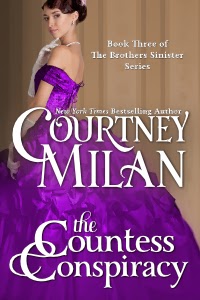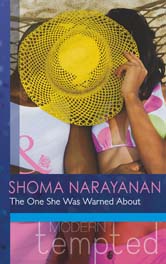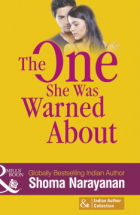Sarah MacLean keeps improving, but
No Good Duke Goes Unpunished hits some of the
same buttons One Good Earl Deserves A Lover did. Also, there's a black guy in this one but he's not going to be the romantic lead of the next book. He's only there for (would it be unfair to say color?) background depth. I sound snarky (and I am) but I appreciated the acknowledgement that the world these characters live in would have some diversity. I held off reviewing
No Good Duke Goes Unpunished because the author wanted it to be approached without spoilers and my review is going to be spoiller-riffic.
The major revelation (of course) is contained in the epilogue. Who is the mysterious Chase? You'll shrug as the heavily foreshadowed revelation is made. I suspected the answer in Book One (felt pretty certain in Book Two) but was thrown off by the Twitterverse reaction. I'm not going to directly reveal this one, but other things I discuss may obliquely do so. Again, stop here to maintain your ignorance before reading the book.
Temple, the powerful fighter known as The Killer Duke, is the hero of this one. Mara Lowe, the women he believes he murdered, steps up to be the heroine. Temple is offered his old life back, the proof of his innocence in Mara's distinctive features. Mara has no former friends, no extended family. There is only Mara and her brother, a man who has taunted and tormented Temple since the alleged murder. Turned out by his father, Temple made his living fighting on the streets before rising to power as an owner of The Fallen Angel nightclub. Nights find him boxing the ruined patrons whose gambling losses fund the club. Days mean distant management of his ducal holdings. Temple is inconsistent but resonant. I found him to be the most fully realized of MacLean's Scoundrels.
Mara could have been a very strong heroine. She was marred for me by the inconsistency of her story. By that I don't mean the lies she tells Temple, rather the trajectory her life takes after he wakes up covered in blood. While I will give Mara her carefully planned disappearance, her reappearance has several difficult elements. If we accept her current career, we have to accept the book's explanation for how she came to have it. If we accept that, then her circumstances when we meet make little sense. Where did her backers go? Why are they unable to assist her in any fashion? How does a woman able to exploit any situation to ensure her own survival not leverage her multitude of secrets into support payments? If we accept that Mara is alone, with no former friends or extended family except her brother, then her career is a major leap of faith.
Up to the final section of the book the relationships between Mara and Temple, Mara and her brother, Temple and his partners, are all solid. An opportunity to explore sudden disability is squandered, but probably wisely. There's the requisite Good With Kids scene, the Jealous Without Cause bit (quickly dismissed) and a nice evolution of the two coming to understand how they both participated in a defining moment in their lives. I could root for Mara and Temple to work things out. Both their backstories made sense. Mara enjoys self harming as much as Temple. Where he fights in the ring, she fights herself. Everything is Mara's fault, everything was caused by Mara. She never stands up and says "wait a minute, that part is all you" without quickly adding "but you wouldn't have done that if not for what I did." Like Chase, I found that aspect of her personality tedious.
Where it all goes wrong for me is during the Near Death Experience. (With the well known Rapid Healing Ability most NDE characters have.) There is so much talking. So much. Temple's partners are willing to kill for him, but they never do. They do precious little. Each takes their turn standing on stage to loudly proclaim their devotion, followed by almost no action. It's chest thumping for the hell of it. Women save the day repeatedly, almost ludicrously. We tip from only men acting to only women acting as the men flutter about frowning and missing all the points. Soon Mara is busting through windows and disowning the brother she was protecting moments before.
This entire scene makes no sense at all. Mara's brother was the cause of the NDE. The club members have been searching for him with amazing inefficiency. There are any number of charges they could bring against him, if they chose not to murder him on sight. Yet he enters The Fallen Angel freely to confront Temple. Absolutely no part of this makes sense. None of it should happen. The staff and owners stand by, leaving only Mara available to save the pointlessly endangered day. I was face palming all the way through. MacLean had already strained my patience by Temple handwaving a major betrayal by Chase. Chase compounds that betrayal through further actions that put Mara in the Save The Day position. My "Dude, Really?" trigger flipped over to "DUDE! REALLY?!" Mara and Temple should both abandon everyone they know and never make a friend again. They completely suck at judging people. Anyway, read it but be ready for the Supergirl moments and lower your expectations that The Scoundrels do anything but thump their chests whilst bellowing.






